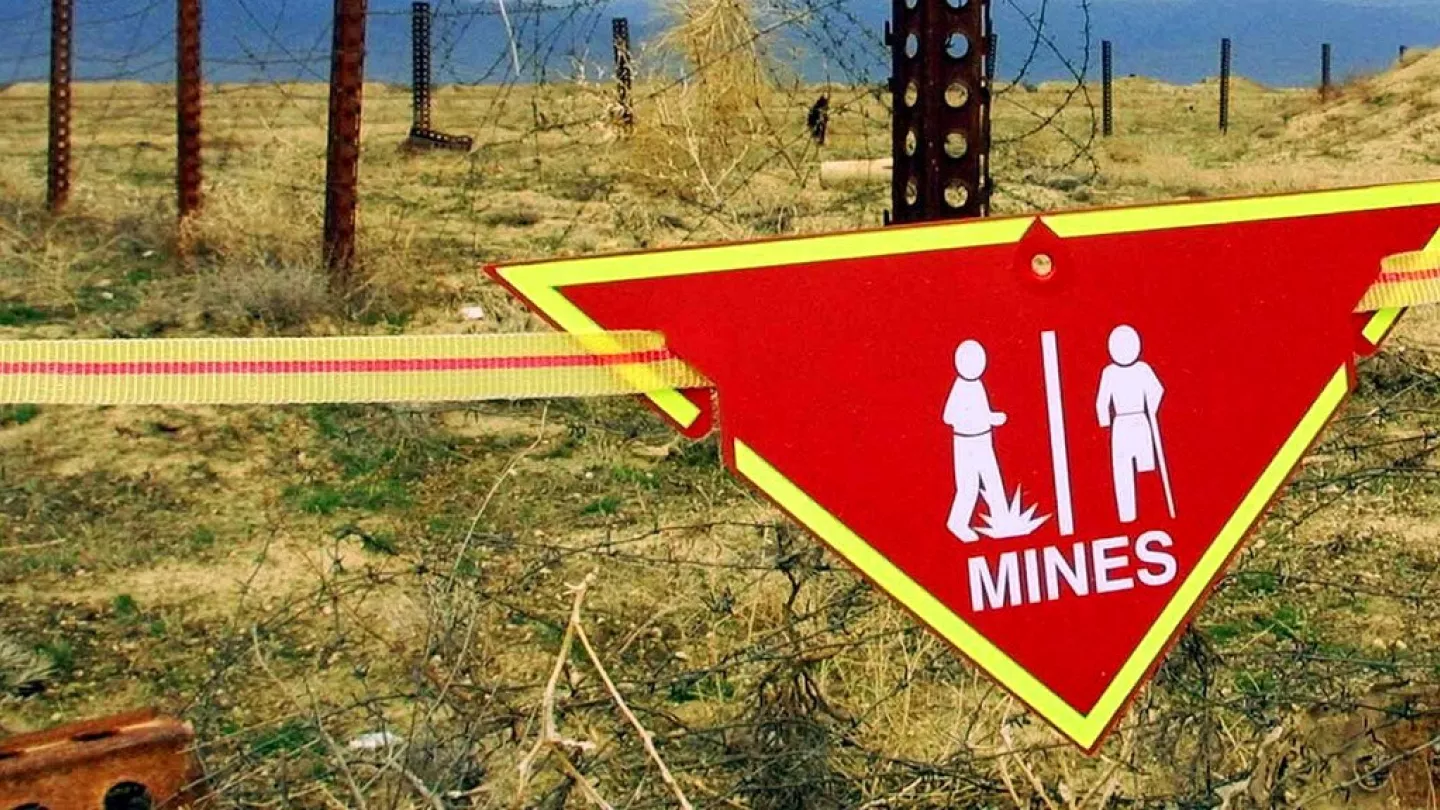On July 4, 2025, Finnish President Alexander Stubb officially approved Finland’s exit from the 1997 Ottawa Convention banning anti-personnel mines. This move enables Finnish armed forces to actively deploy these highly effective defensive weapons amid a worsening European security environment. Stubb emphasized that Finland’s decision responds to urgent defense needs and pledged that anti-personnel mines will never be used in peacetime.
Regional security concerns drive coordinated withdrawals
Finland joins five other nations—Poland, Estonia, Latvia, Lithuania, and Ukraine—in formally deciding to leave the Ottawa Convention, citing serious threats to their national security. These countries argue the treaty restricts the use of anti-personnel mines even for defensive purposes, limiting their ability to respond to hostile aggression. Norway, by contrast, has declared it will remain in the convention, confident its modern defense capabilities suffice against potential attacks.
The departures aim to level the playing field against aggressors like Russia, which is not a party to the treaty and has extensively used anti-personnel mines in its ongoing war against Ukraine over the past three and a half years. Ukraine and other Eastern European states argue it is untenable to accept a strategic imbalance where treaty members are restricted while adversaries freely deploy such weapons.
Wider geopolitical context of treaty noncompliance
The situation reflects broader international dynamics, as other major military powers—including the United States, China, and India—have also never ratified the Ottawa Convention and continue to utilize mines in various contexts. The withdrawal of these six European states does not signify abandonment of humanitarian principles but is positioned as a temporary, survival-driven measure to protect citizens amid escalating threats.
As the security landscape shifts, these countries underscore the imperative to adapt legal frameworks to ensure effective territorial defense while maintaining responsible use standards for anti-personnel mines.










